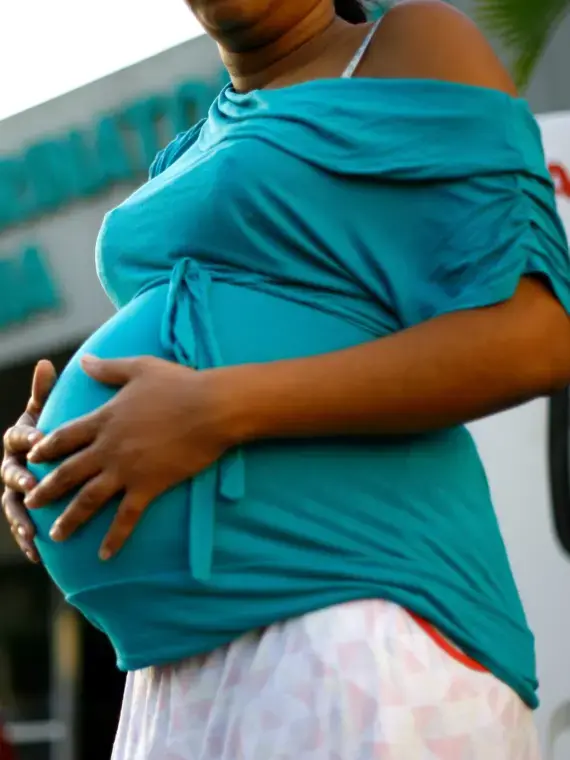Maternal mortality remains a grievous issue worldwide, an indictment of societal inequities that transcends borders, cultures, and religions. Its persistence serves as a stark reminder of the failures in our collective responsibility toward expectant mothers. In the Bahá’í Faith, the teachings illuminate profound insights regarding justice, equality, and the sanctity of human life. This exploration seeks to examine the triple tragedy of maternal mortality through the lens of Bahá’í teachings, providing a plea for moral and social rectitude in addressing this pressing concern.
The first element of this tragedy is the loss of life; it emerges tragically yet routinely in many parts of the world. Statistics reveal heart-wrenching realities: according to the World Health Organization, approximately 810 women die every day from preventable causes related to pregnancy and childbirth. This staggering figure presents both a crisis of conscience and an imperative for action. Each of these individuals represents a unique narrative, potential, and promise abruptly halted. The Bahá’í Faith places great emphasis on the sanctity of life, calling upon humanity to recognize the divine origins of all individuals. The loss of mothers is not merely a statistic but the extinguishing of the light of existence for families and communities across the globe.
Secondly, the tragedy unfolds through the emotional and psychological ramifications for families and communities left in despair. Bahá’í teachings advocate for the oneness of humanity, emphasizing how the suffering of one is equivalent to the suffering of all. When a mother dies, the repercussions extend far beyond her immediate family; children are left motherless, partners experience profound grief, and entire communities feel the sting of loss. The Love that binds the human family calls us to transcend indifference and to act as stewards of compassion. The Bahá’í writings admonish believers to uplift others, illustrating that the health and well-being of one is integral to that of all. Addressing maternal mortality necessitates a unified action grounded in love and justice, advocating not just for policies but active engagement on the part of communities.
Finally, we must grapple with the systemic issues that precipitate this tragedy. Maternal mortality, in many cases, is a symptom not of individual failures but of structural inequities—socioeconomic disparities, inadequate healthcare access, and cultural biases that marginalize women’s voices. The Bahá’í perspective opines that justice is a fundamental principle, one that must underpin societal organization and policy-making. A critical examination of the systemic barriers affecting maternal health is essential. The teachings promote an understanding that improving conditions for mothers cannot occur in isolation; it requires dismantling inequities in education, healthcare, and social norms that ostracize women. Justice, in this worldview, ceases to be a mere ideal—it becomes an actionable directive to ensure that every woman has equitable access to the care she requires.
The intersection of these three tragic dimensions—a loss of life, emotional despair, and systemic inadequacy—demands an urgent call to arms. Advocates for maternal health must rise as the vanguards of change, embodying the very principles that the Bahá’í Faith espouses, such as service, unity, and the unwavering pursuit of justice. Individual efforts alone are insufficient; collective mobilization is necessary to effect meaningful change. Each Bahá’í community, empowered by its teachings, must envision a world wherein mothers traverse pregnancy and childbirth free from fear, supported by a comprehensive health system that values the sanctity of every life.
In conclusion, the plight of women facing the specter of maternal mortality invokes a heart-wrenching examination of our collective conscience. The tragic loss of life, the ensuing emotional devastation, and the damning systemic inequalities beckon for a comprehensive response that transcends mere compassion. It’s a rallying cry for justice, rooted deeply in the Bahá’í principles of unity and equality. Reimagining maternal health as a fundamental right—accessible to all irrespective of economic status or cultural background—requires a shift in understanding, policy, and practice. As we strive toward this objective, let us remember that every action taken toward ending maternal mortality is a testament to our commitment to uphold the dignity of life and foster universal peace.
